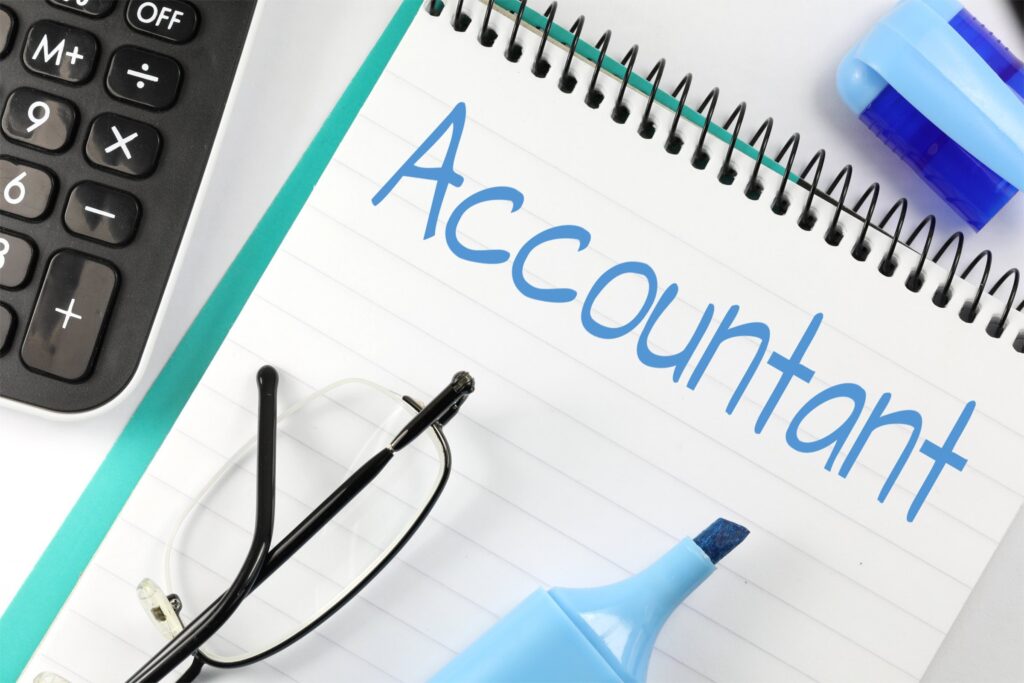
Auditors continue to face legal liability concerns. They are important because their work contributes to the reliability of financial statements for all kinds of users. Like other professionals, they can face civil and criminal liability in performing their duties.
Independent and competent auditors are essential to preventing fraud cases worldwide, as well as discovering those cases that are still undiscovered. Auditors must be able to make judgments about the truthfulness of financial statements and exercise due care in completing their evaluations. Due care generally implies four things. An auditor:
Should possess the requisite skills to evaluate financial statements;
Must undertake his task with good faith and integrity but not be infallible;
May be liable for negligence, bad faith, or dishonesty but not for mere errors in judgment;
Use reasonable care when conducting audits—the idea behind “the prudent person concept.”
The Legal Liability of Auditors to Third Parties
Auditors are responsible for overseeing the financial statements produced by the company and ensuring that they accurately reflect the company’s financial position. These statements are distributed to two groups of parties:
1) Shareholders and creditors, who have a direct interest in the company’s finances, and
2) A limited class of third parties who rely on the financial statements when making investment decisions or providing credit to the company.
Although third parties often file unjustified lawsuits against auditors, most of these suits aim to validate clients’ claims that the auditor is liable for their losses. For example, suppose a third party sues an auditor because the client (i.e., the company being audited) is no longer viable. In that case, it is not justified—after all, an audit firm cannot be held responsible for ensuring that a company’s business plan will succeed in the long term. The auditor is solely responsible for ensuring that financial statements are presented relatively against appropriate evaluation criteria. In addition, unjustified lawsuits also may involve audit risk—the risk that an institution may lose money due to inaccurate performance evaluations by auditors.
Audit risk is the likelihood that an auditor will find an error in a company’s financial statements, even following generally accepted auditing standards. The error can occur because of bad luck (for example, if an auditor chooses to audit some data that does not reflect the entire population) or because of poor judgment on the part of the auditor (for example, if they knowingly select an unrepresentative sample).
What are the legal liabilities of an accountant?
Accountants have a significant role in managing an organization’s finances and keeping an eye on any unethical practices. As guided by the Generally Accepted Accounting Principles (GAAP), you must ensure that your client is adhering to all applicable laws and regulations concerning the accounting practice. This requires you to do your work with due professional care and vigilance.
Common law liabilities include the following:
Negligence
When auditing and preparing financial statements, it’s easy to make unintentional mistakes. Negligence occurs when one of these mistakes causes damage to a third party. Some common forms of negligence include calculation errors, missing documents, inaccurate tax returns, and tax overpayments.
Gross Negligence
Gross negligence is the deliberate act of disregarding professional duties and accounting standards; it has greater consequences than negligence.
Breach of Contract
Breach of contract occurs when one party fails to fulfill its express and implied duties as detailed in an engagement letter, resulting in financial losses for the other party.
Accounting Fraud
Accounting fraud involves the illegal and intentional misrepresentation of financial statements. Examples of activities subject to fraud include misstating assets and liabilities, overstating revenues and profits, or failure to record expenses.
Liabilities under the statutory law
The following are the laws you must be concerned about as a CPA:
Securities Act of 1993
The Securities Act of 1993 is a federal law that requires companies offering securities for sale to register their offerings with the SEC. As an accountant, you must audit financial statements with due diligence. Section 24 of this act states that those who will violate any of its provisions may be fined up to $10,000 or imprisoned for up to five years, or both.
Securities Exchange Act of 1934
The Securities Exchange Act of 1934 requires SEC-registered companies to file annual audits and conduct quarterly reviews of financial statements. The usual claims associated with this act are gross negligence and fraud. Gross negligence means a person is not exercising the degree of care that a reasonably prudent person would use in similar circumstances but does not mean intentional misconduct or knowing violation of the law. To avoid these claims, you must always make sure that you’re carrying out your tasks in “good faith.” If a company violates any provisions of this act, it may be fined up to $25,000,000 or 20 years of imprisonment, or both.
Private Securities Litigation Reform Act of 1995
The Private Securities Litigation Reform Act of 1995 requires auditors to have reporting procedures for detecting illegal financial activity and related-party transactions. In addition, the act requires audits to include an assessment of the possibility of a going concern issue during the ensuing fiscal year. If you fail to comply with these requirements, the SEC may impose a financial penalty of up to $500,000 on your firm and require that your firm return any profits from the audit.
Businesses and other organizations face a variety of legal issues. Choosing an entity type, complying with payroll and benefit regulations, making investment and financing decisions, engaging in operating transactions, changing ownership, and dissolving an entity all raise both accounting and legal issues that cannot be addressed individually from one another. Accountants and auditors aware of significant legal issues can better advise business entities independently and collaboratively with legal counsel. Furthermore, lawyers advising business entities are increasingly called upon to help resolve accounting issues. Knowing basic legal liabilities as an accountant or auditor allows you to provide better service to lawyers and businesses.